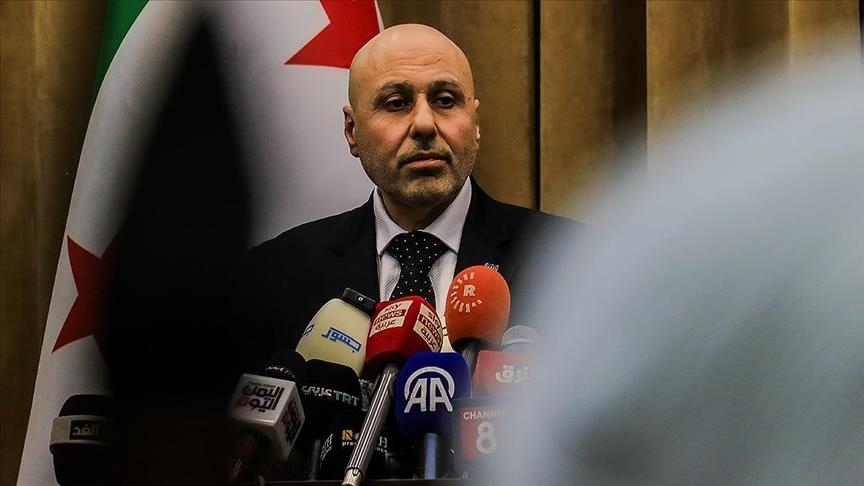Syrian committee inspects 9 sites, hears testimonies amid investigation into coastal violence
Committee spokesman says a special court could be established to pursue those involved in violence in Latakia, Tartus

ISTANBUL
A Syrian investigation committee said Tuesday that it inspected nine sites and heard testimonies regarding violence in the coastal cities of Latakia and Tartus in western Syria.
"We inspected nine locations and heard testimonies from security, military, and civilian sides in Latakia," Yasser Farhan, a spokesman for the committee, told a press conference.
The committee "recorded 95 statements according to legal standards and received more than 30 reports,” he said.
He, however, said that it "is still too early to disclose the results of the investigation.”
"We have entered all the areas that witnessed the incidents, and we want to continue our work by listening to witnesses and examining the situation on the ground,” Farhan said, calling for cooperation “to uncover the truth.’
The spokesman said remnants of the former regime were present near the areas where the investigation committee worked.
“Moving around the areas where the incidents took place remains dangerous, and some witnesses and victims' families are afraid to communicate with the committee," he added.
Farhan said a special court could be established to pursue those involved in the coastal violence.
“It will be difficult to complete our mission within 30 days, and we may request an extension," he added.
On March 6, Latakia and Tartus witnessed coordinated attacks by loyalists of the deposed Bashar al-Assad regime. These were the most intense assaults since the regime’s collapse, targeting security patrols and checkpoints, resulting in casualties.
After the collapse of the Assad regime in December, the new Syrian authorities launched an initiative to settle the status of former regime members in the military and security forces, contingent on their surrendering weapons and remaining untainted by bloodshed.
While tens of thousands accepted the initiative, some armed groups made up of regime remnants, particularly in the coastal region where high-ranking Assad officers were stationed, rejected it.
Over time, these groups fled to the mountainous areas, stirring tensions, destabilizing the region, and launching sporadic attacks against government forces in recent weeks.
Assad, Syria’s leader for nearly 25 years, fled to Russia on Dec. 8, 2024, ending the Baath Party regime, which had been in power since 1963.
Anadolu Agency website contains only a portion of the news stories offered to subscribers in the AA News Broadcasting System (HAS), and in summarized form. Please contact us for subscription options.







